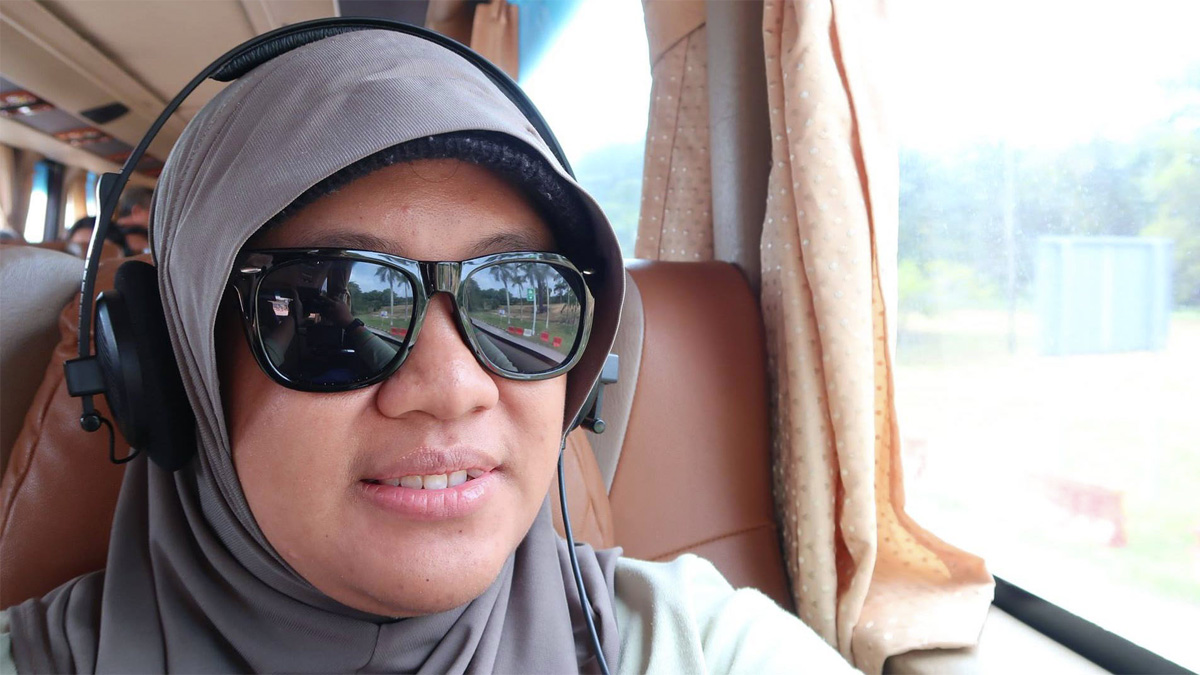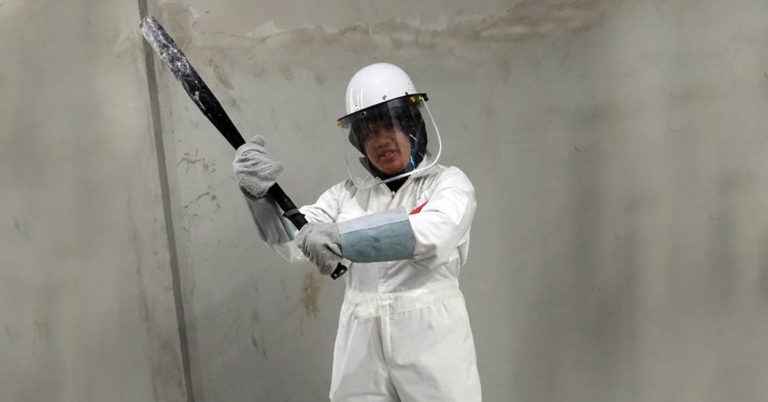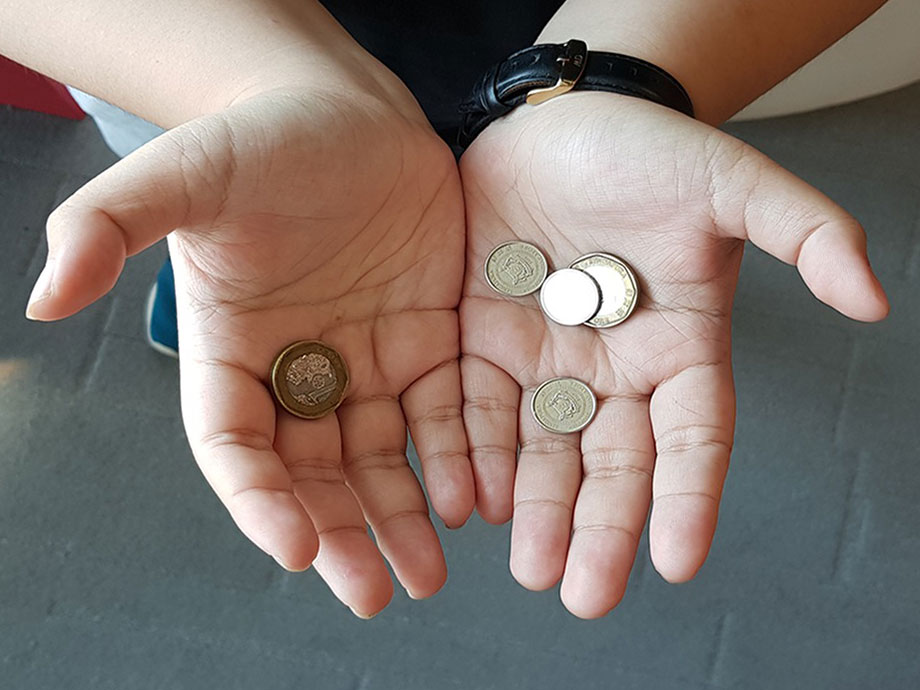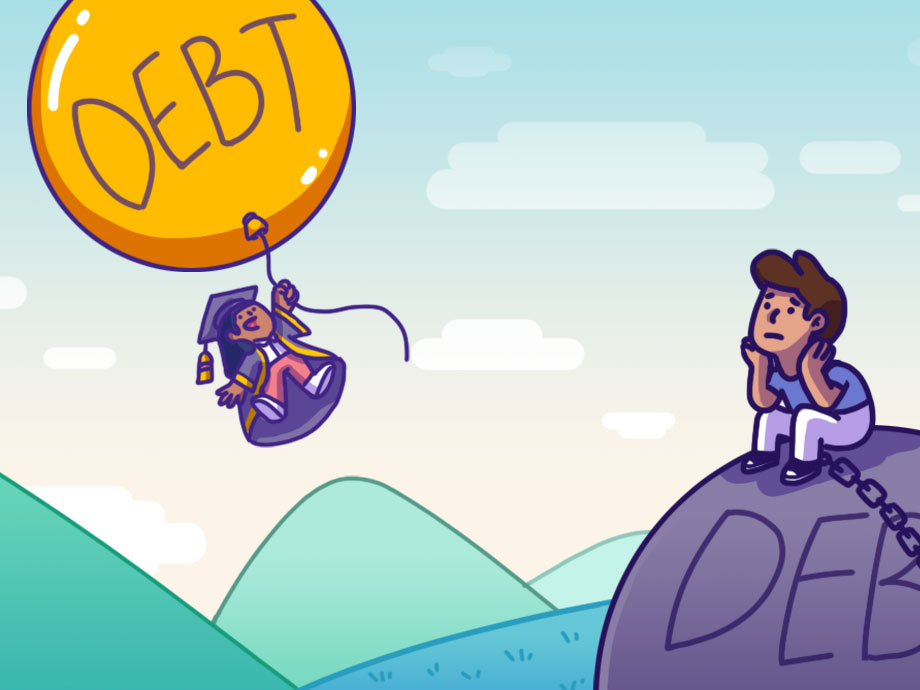Career & Education | Life | Article
Blogging as a Side Gig in 2019: Seriously Sarah
by Sophia | 13 Feb 2019 | 6 mins read

In the world of influencers, everyone wants to go viral or gain some clout. We’re all about those endorphin-injected likes and shares. But what does it really take to contribute content that people love and genuinely want to follow? What do you need to become a successful blogger in Singapore?
And most importantly, how do bloggers convert that to personal profit?
I spoke with Sarah (who works full-time in local TV and film) of Seriously Sarah – a blog where she talks about the everyday things: local pop culture stuff, conventions, festivals, and the occasional product review – I grilled her for insights and advice meant for beginners or newbies to the blogging scene.
If you’ve always dreamed of typing your thoughts into the world for an audience, check out this interview. We ask Sarah about the costs and rewards – financially or otherwise – of blogging.
1. When did you start your blog, and why?
Sarah: 2006, one of the reasons I first blogged was because some of my friends lived overseas; I wanted them to know what I was up to, and to describe to them activities I was doing that they couldn’t experience.
Basically, the whole point of it at first was to write for people who couldn’t experience certain stuff.
But my first ‘real’ (public) post was in 2012.
2. Let’s talk money, but not about how much you earn. How much have you spent on building your website, and what are the typical costs newbies need to be prepared for?
Sarah: I spent mostly on hosting, I “rented” server space from my friend (to share the cost) but now I own the hosting, ‘cause she moved off to another server. It’s around $150 USD for 2 years?

For website building, I bought templates from Envato. The blog template is a generic, free one from WordPress.
3. How did you get the “starting capital” and how did you get your blog up and running? (Nice layout, BTW. Inspo material.)
Sarah: Just save up, BUT firstly: I had to compare hosting services – considering things like bandwidth and services, etc.
Also, my website is a .com and not a .sg – and that does make a difference in pricing. I found SG domains are way more expensive because they’re registered with the government, or something.
4. How much do you earn from these partnerships? How do you benefit from such perks?
Sarah: I don’t actually get money [straight up]. I just go for item reviews. They are given to me for free. Or events where it costs X dollars to enter – I get to go there and try it out for free.
For objectivity’s sake, I write as neutrally as possible. I always write about stuff I really like and events I want to go to.
It’s really a bonus if I manage to review something I actually really wanted to buy for myself.
5. How often do you get sponsorships/partnerships as a blogger?
Sarah: Not that often compared to A-listers. There were more opportunities back then compared to now. Brands also have moved to Instagram too, so demand for blogging has somewhat decreased.
Brands also like to work with agencies a lot nowadays, so I think bloggers affiliated with these agencies get more chances to get work too.
Nowadays, I get products and sponsorships now and then, depending on the brands like online shopping (Lazada), where they give boxes for me to review.
6. Would you say blogging is paying off for you?
Sarah: I don’t blog for ‘commercial’ purposes, but more for letting people know my own thoughts or doing reviews for fun. It ‘pays’ off when I get to meet people who are interested in the same things as I am, or if I was eyeing some particular item and then I get it to review it myself and keep it, then that’s just good luck!
Blogging did bring me more fun encounters of in terms of adventure and friends. So yeah, I guess it does!
7. How would you advise newbies who want to get into it too?
Sarah:For newbies, I recommend them knowing who their target audience is and write things that the audience might be interested in.
Also, know what are the questions people might have on a particular subject, you don’t want to ask what everyone else has already asked (and answered). You have to stand out.
Secondly, do they know how to maintain a website? Do they know how to safeguard or do backups? For me, I also have a subscription to a web security company that scans my website for malware or any bugs.
Blogging can be the cheapest thing ever; it can be hosted freely. Just that in exchange for the ‘free’ hosting, you might have ads on it by the platform itself.
8. This all seems very low-cost (great for beginners). How do you market your blog posts?
Sarah: I usually share posts on Facebook and Twitter, since the people who want to know what nonsense I’ve been up to are there. As for marketing, I target keywords; I proactively think about what people would want to know when I’m writing about a particular subject.

9. Does blogging take up a lot of personal time?
Sarah: It doesn’t take up THAT much time – each post takes about an hour to be written
But the whole process, about 3 hours at a time, words come to me easily, but it’s the editing of pictures or videos (sometimes they’re easier than pictures) that is the most tiring part.
Some posts aren’t even up yet though the words have been written. I pretty much got tired or lazy, because the photograph and video portions aren’t ready yet.
10. What does it take to do this commercially, full-time, in your opinion?
Sarah: Commercially would take a heck load more time, skills, and professionalism because it’s like being your own advertising agency. And that’s a lot of work. What would be your uniqueness? How will you show your data to potential clients? There’s so many factors!
11. How do you keep people engaged? Do you think people read less in the age of Instagram?
Sarah: Blogging is still relevant, because Instagram is mostly for pictures, people still want to read reviews about what they’re about to buy. Also, because of how IG works, pictures will only be there to lure for X amount of time.
However, blog posts will be there (on Google search) forever. So, if say I’m blogging about an experience, people will want to search if anyone had ‘done it’ or bought it before.
So people will still read, but to keep people engaged, keep it short, meaningful and factual, pretty much.
Ready to hit the ground running on your blogging journey? Make sure you have everything you need – especially the finances to get your site all prepped. Also note that there is a blogger tax in Singapore that taxes you on things you receive above SGD $100.














